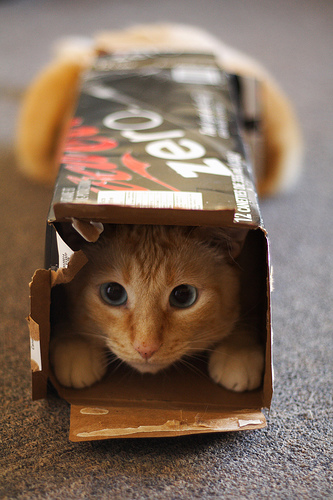Be less curious about people and more curious about ideas. – Marie Curie
What does that mean?
This is both interesting and sexist sounding at the same time. Another term for being curious about people (and the discussions that accompany the discoveries) is gossiping. While it isn’t specified that she is speaking to other ladies, back in her era, it was considered the type of thing that women often did.
Instead, she urges all to be more interested in ideas than in gossiping about people. In the late 1800’s and the early 1900’s, technology and ideas were developing rapidly. Whole new areas of research were being discovered and their properties and uses discovered and exploited for the benefit of humanity.
She lived a remarkable life, one punctuated by probing questions and an insatiable curiosity about the ideas that were her research. While she became the object of much gossip at one point in her life, she carried on with her research as best she could, and always tried to stay focused on the ideas, and the curiosity.
Why is curiosity important?
Just ask the cat (Schrödinger’s or any other, for that matter). For humans, curiosity is how we stretch our minds, and grow our intellect. Unfortunately, curiosity isn’t always evenly spread among humanity, or even throughout an individual. It will vary by topic and by age, and will change as we change, and our world changes.
Some are more curious than others. Some discover great ideas, others discover mostly useless bits of information. However, we all have that spark, or did until we let it go out. This quote is a call to us to re-kindle that spirit of curiosity and become engaged in the ideas of our day.
The author of the quote was curious about the scientific ideas of her day, but I doubt she would be upset of someone took an interest in philosophical or societal ideas of today. Either would be better than being interested in the trials and tribulations of their neighbors, for that will not advance the cause of humanity in the slightest.
Where can I apply this in my life?
This quote was from a remarkable woman. When she turned her curiosity to radioactive decay and the physical and chemical properties involved, she opened up several new fields in science. She even worked on practical uses, from watch faces to practical and portable X-Ray machines.
Even the chemical element Radium, which eventually killed her, helped save thousands of lives in the Great War (WWI) when she harnessed the power of the atom to load early X-Ray machines on to trucks, allowing shrapnel to be found, broken bones to be aligned, and soldiers to be made whole, or at least better treated than ever before.
Her curiosity opened the world, arguably every bit as far and as wide as Leonardo Da Vinci. And, like those who followed in the footsteps of the Great Man of the Resistance, her followers used their curiosity to open wider the gates of knowledge and to enrich humanity. How many gossipers can claim that as their legacy?
While the quote comes from a world-class mind who played on the world stage, there is no shame in being curious about lesser things. You can enrich your life and the lives of family and friends learning about art, music, or medicine. You can then use your curiosity and your knowledge to pass that spark to others.
One of the things about which I am curious is sub-atomic theory. The whole of quantum seems far too complex to be correct. To me, it feels like a very complex attempt to explain the orbits of the planets from an Earth centered view. Will I ever understand Quantum Theory well enough to change the world? I do doubt it, but I am curious none the less.
What are the things that interest you? What sparks are there, deep within you, just waiting for you to fan them into flames of curiosity? What would you look into, study, read about, or otherwise work on, if you set aside the time to indulge your curiosity?
Will you change the world? Perhaps. But is that the only measure of your effort? What if you could educate a few people? What if you could stimulate the mind of a child? Perhaps you could fan the spark of curiosity in the next Albert or Marie? I believe it would be a most Nobel effort (pun intended).
We all have a little curiosity in us. Will we feed it, or starve it? To what end will we direct it, towards gossip or towards ideas? There are many paths to follow, many things for a curious person to look at and look into. What will you do?
From: Twitter, @RichSimmondsZA
confirmed at : http://www.brainyquote.com/quotes/quotes/m/mariecurie126078.html
Photo by Greencolander
Happy Birthday to Marie Curie, two time Nobel Prize winner (among other notable distinctions), born 7 November, 1867.

